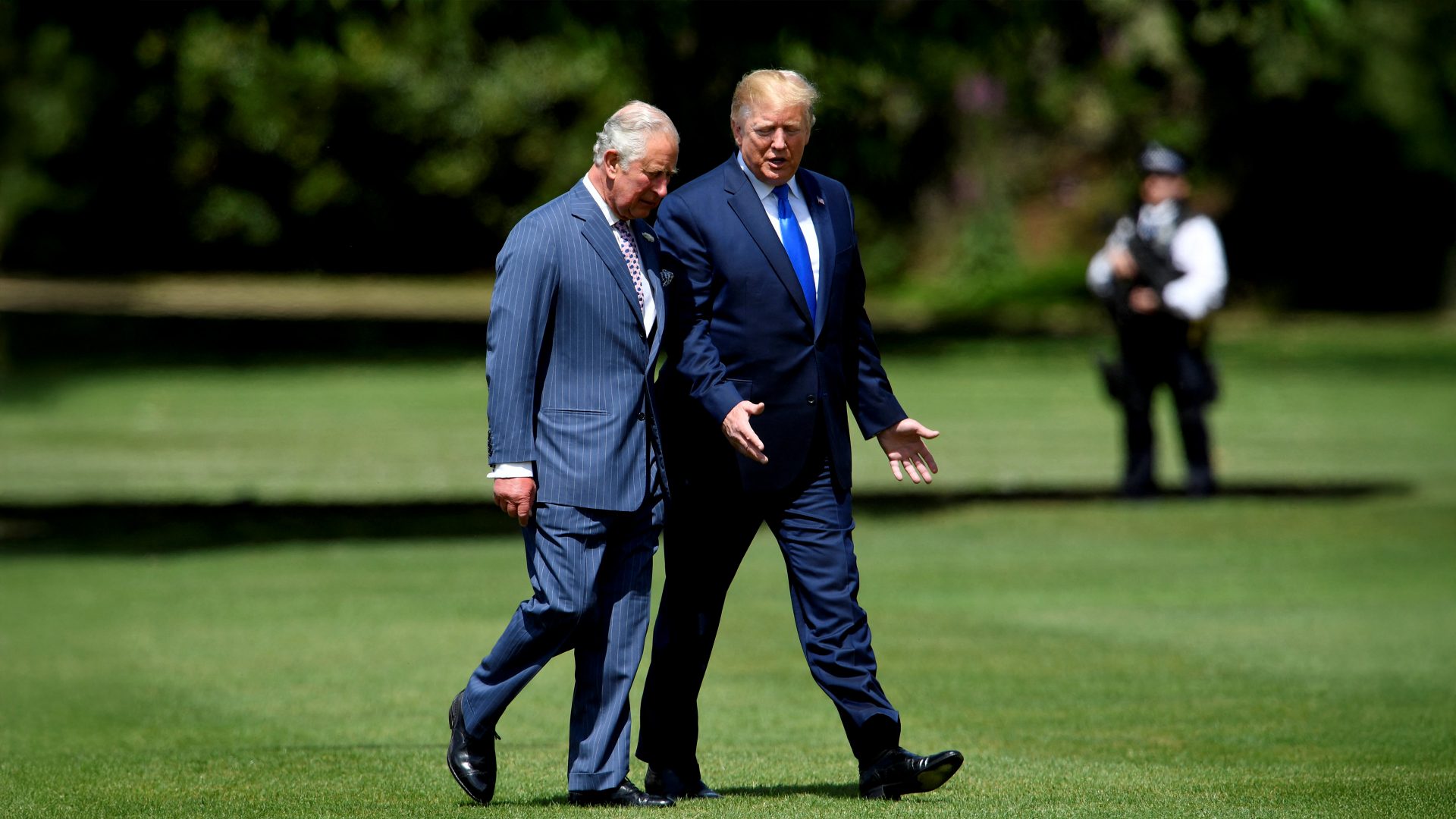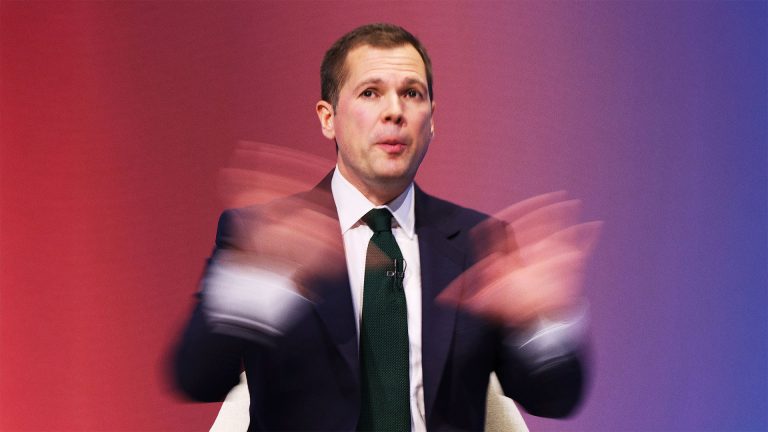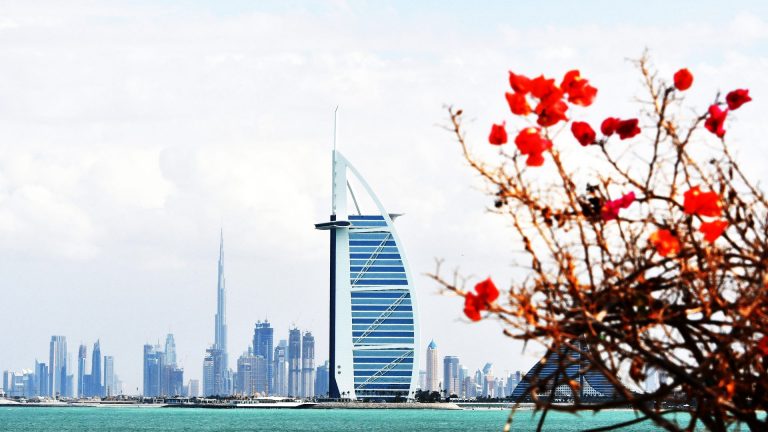OK, I have to start this piece with a mea culpa. I wrote throughout the summer about how I thought Donald Trump’s re-election wasn’t going to happen.
I thought the Harris campaign had momentum. I thought Tim Walz would bring the Midwest into the fold. I thought pollsters couldn’t possibly be under-sampling Trump voters yet again.
I allowed myself to feel hope. God damn it, but it’s always the hope that gets you.
Fine, though. Consider me a fool, because I was one. The world is shittier than even I had thought. But I’ve learned my lesson. Now is the age for cynicism.
And this piece isn’t a post-mortem. Many have unpicked what went wrong. But, here we are. It’s going to be another four years of Trump. It’s 2017 all over again.
And as someone who spent the first Trump administration buried in every twist and turn, first as a Guardian correspondent and then as the launch editor for the enjoyable but ultimately short-lived New Statesman US expansion, I have some advice for the Starmer government on how Britain might hope to survive the next four years.
In a speech on December 2, in response to questions about the tricky balance of American and European diplomacy ahead of him, Starmer said he “utterly rejected” the idea that the UK would have to choose between the US and Europe.
That was fuck-up number one. First piece of advice is: don’t say what you mean. That’s the kind of speech that Trump will hear and say: “OK screw you.”
Tariffs on UK goods, the way he has already promised against Canada and Mexico, will be wielded by this administration to settle grudges easily, even as petty as that. Even with a government Trump favoured – he saw kinship in Boris Johnson, and respected him to some extent – the UK wasn’t protected from 2020’s sweeping travel ban.
Starmer’s September meeting with Trump, too, seemed less than ideal – Trump went in saying: “I actually think he is very nice. He ran a great race, he did very well. It’s very early but he is popular” but Trump was speaking there, pre-meeting, simply about someone who won the recent election – Trump respects people who win.
But Starmer, temperamentally, seems likely to be unsuited for friendship with Trump, so the key will be to make him consider whoever interfaces with him from Britain as on an equal plane of importance to him.
That’s an unbelievably tricky line to walk. If Starmer and Britain are going to survive the Trump administration, there needs to be the appearance of flattery – though, crucially, without it seeming like flattery.
Diplomacy will need to be two-tone: say whatever about Trump is needed to make him feel important, while reassuring European allies in private. This will come with political costs, but perhaps not as bad as all that – everyone knows the Trump administration responds to flattery, and if the EU is smart they will also take this view.
Having an experienced diplomat or bureaucrat as ambassador to Washington is no longer a boon. The current incumbent, Karen Pierce, has relationships on both sides of the American political aisle, and is an effective and careful diplomat for normal times. These are not those.
Unfortunately, apart from anything else, the dismal fact must be faced that Trump will not respect a woman as much as he will a man, and the misogynists he has already begun to surround himself with in his court reflect that.
One way around this could be a little reorganisation of the structure of the embassy operation in Washington. If Pierce remains in the role, it should be renamed; the title of ambassador itself could usefully be retooled for a job solely designed to interface with the Trump White House – a chief promoter role. The real business of diplomacy can continue with the more traditional state department bureaucratic relationships underneath the White House interface – it will seem like a demotion for Pierce, but it would simply be a rebranding.
The vulnerability of press and politics in the UK can’t really be helped. Labour figures, such as David Lammy – who called Trump “a woman-hating, neo-Nazi-sympathising sociopath” and “a profound threat to the international order that has been the foundation of western progress for so long” – will catch the attention of the president and risk leading to petty responses.
If Trump visits the UK, there is a risk that protests in the streets or even an unfavourable reception if he addresses parliament might trigger his ire. Already, Trumpworld is offended by Labour Party members volunteering for Harris during the election. That can’t be avoided. But the damage can be limited.
Another potential problem is Trump’s friendly relationship with Nigel Farage. On November 8, Farage – who had himself just returned from a visit to Trump’s Mar-a-Lago resort – said at the Reform UK conference that Britain needs to “roll out the red carpet,” and that “we’ve got to start negotiating fast to make sure we’re not part of” the regime of tariffs on imports to the US that Trump is proposing. Unfortunately, he’s not really wrong.
More unfortunately, a fact that needs to be faced is that Farage might essentially become a de facto representative of the UK, simply because he is placed within these already-extant channels of communication with MAGA-world. That situation can’t really be helped either.
But, distasteful though it will be – and perhaps unpalatable at home – if there is some way Farage can be dragooned to help in some way, it would perhaps ameliorate several problems all at once. Send him as a special envoy to Washington, give him some fancy title? Include him in delegations, sit him next to the president at official dinners? Maybe Farage’s twisted patriotism could be appealed to – otherwise you can bet he will be working actively to undermine the relationship. If Farage can be manipulated into thinking there’s something in it for him – a peerage, whatever, or something that would appeal to his self-interest politically – then it would be better to have him, if not inside the tent, then at least pissing from and towards somewhere that minimises splashback.
He has even said he had offered Labour to help “mend fences” with Trump – maybe that shouldn’t be dismissed out of hand. Desperate times call for at least the exploration of desperate measures, however icky they will surely be.
There is, however, one vast and unique advantage the UK has, something which could be crucial to any diplomatic success with Trump – and that’s the monarchy. Trump is a creature of pure ego, born of a deep insecurity which leaves him gapingly susceptible to being charmed by the most traditional markers of social importance and status.
This is where Britain can deploy the King to great success. Give Trump a royal banquet. Let him ride in the gold coach to Buckingham Palace. Maximise the pomp and circumstance that only a monarch can induce. Charter a royal yacht for a court visit to Mar-a-Lago.
Most importantly, frame the King as a nexus of power that is separate from Starmer. Trump’s instinct is to blend the national with the personal: he appreciates a strongman leader who merges with their country entirely.
If Trump feels he is dealing with a politician, especially one like Starmer, who is so temperamentally different from him, and from a Labour Party the Republicans think of as essentially synonymous with the Democrats, he will behave very differently than if he thinks he is dealing with a King and his kingdom, where the government is a bureaucracy in service to that higher power.
That potential White House quasi-ambassadorial liaison should ideally be a literal royal – would Princess Eugenie serve if her country calls? – but at a pinch a baron or duke will do. Or even an actor who’s played one on TV.
Once on the ground in Washington, have them dressed up at all times. Have them at all the good parties. Then the strategy can be properly deployed to have them even seem like they’re undermining the Foreign Office.
Maybe Downing Street makes some kind of formal offer during a trade negotiation – but then the Ambassador from the Court of the Duchy of Windsor and St James the Right Honourable Baron Whoever can go to the White House saying, “screw these guys – I can make a different deal” and lay out another set of proposals.
It would be a game entirely of smoke and mirrors. But at least Britain’s eccentric political structure, the second half of the phrase “constitutional monarchy,” might be able to make itself genuinely useful for once. Just make it anyone but Andrew.










